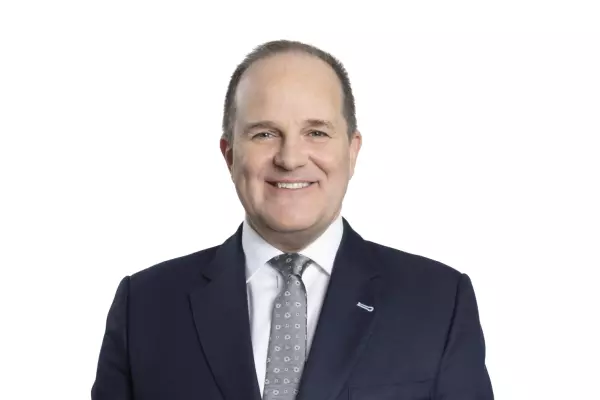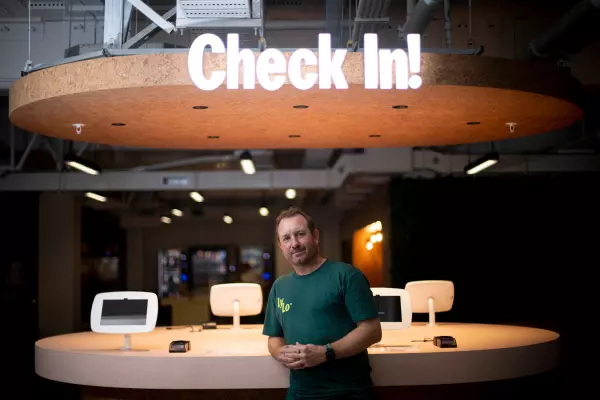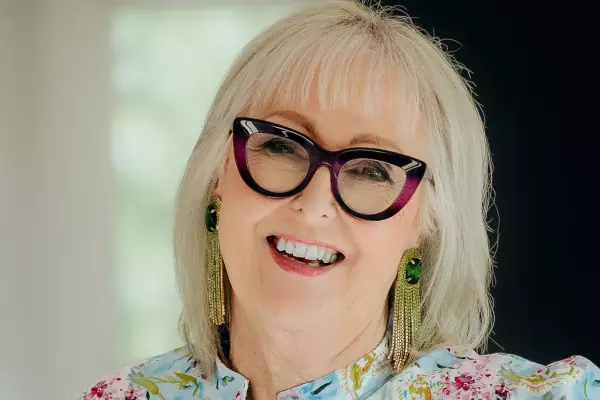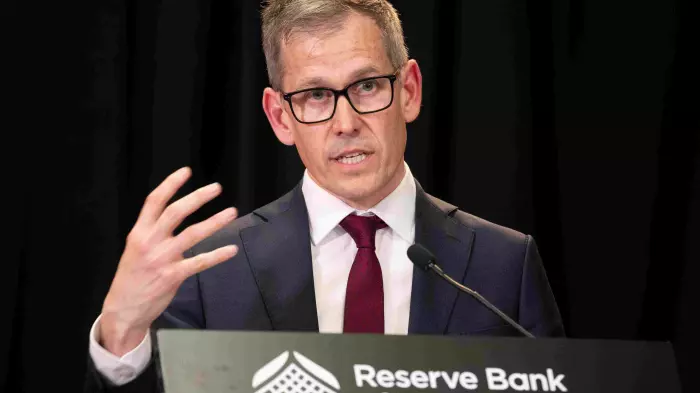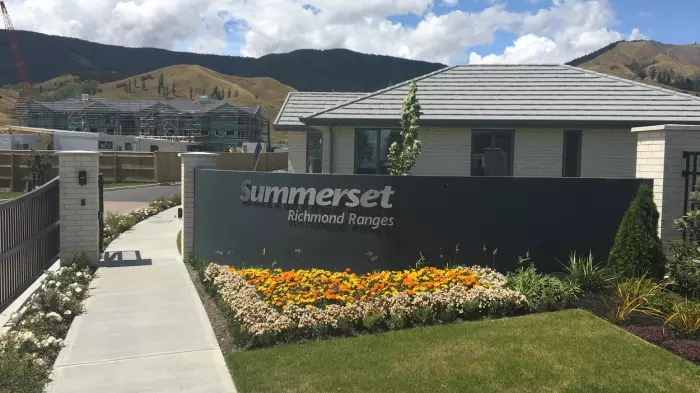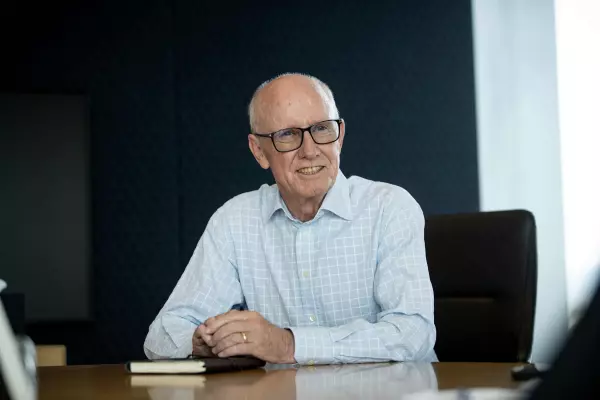Each fortnight, Victoria Carter speaks to a prominent figure about failure and disappointment – and what they learned. Today, her guest is Auckland Philharmonia's former chief executive, Barbara Glaser.
I was disappointed when ... I couldn’t do things I really wanted to because I wasn’t good enough! I did a music degree in trumpet performance. I got a decent mark, but I could see that there were many better players than me.
I had a great teacher who said to me: “You know you’re not going to get a job in an orchestra, so what are you going to do?”
It was a brutal gift; I felt stabbed in the stomach, but I also knew he was right.
I love the sound world of orchestras and the amazing repertoire that the great composers have created, and so I began to focus on how I could stay in the orchestral sphere but not play. This led me to arts administration.
I began loading and driving trucks, putting sheet music out, and managing the players as an orchestra manager and eventually, I became the chief executive of the APO – Auckland’s full-time resident orchestra, which presents fabulous concerts almost every Thursday in the Auckland Town Hall. It collaborates with so many cultural and arts organisations and has a huge education programme.
I’m also disappointed when I hear people say that things like the arts or an orchestra are “nice to have” but not essential.
Great cities really understand how important an orchestra is to the fabric of the city – they're an expression of who we are.
A recent disappointment was missing seeing my father by a few hours before he died. It was especially bitter because I had been there a few weeks earlier, and the purpose of that trip was to spend time with my niece, who was visiting him from Israel, so Dad didn’t get my full attention.
I was lucky that I saw quite a bit of him. despite covid. over the last few years, while he was unwell, I was able to visit Melbourne.
My most embarrassing moment was ... not turning my phone off on stage once! I was talking to the orchestra on the stage at a rehearsal. We have a rule no one has their phone on when they're on stage, and we expect musicians and admin to honour this.
In the middle of mebu talking, my phone rang. Never again. I check, recheck and check again!
What I do know is ... that most of the time, I feel I know very little. Imposter syndrome spends too much time in my head.
'I doubt myself; I’m never sure I'm right. People may see me as having strong opinions, which is a weird contradiction. I hope I’ve learned to listen and absorb before I react.
The young people at work taught me ... that I have a tendency to get granular if I think something isn’t being done quite right, to perhaps offer my view and what steps are needed when maybe people just need the opportunity to work things out themselves.
I might just get a look from a young one who tells me it’s time to ease off! I’ve got so much respect for the young people at the APO. They are so committed; their hearts are in their work. I love how so many have very broad interests beyond their work, too – there’s so much for us to learn from young people.
When a crisis happens, the first thing I do is ... try to stop myself from reacting immediately.
I push the 'slow down' button and take a little time to think around the corners before I respond.
If it’s a people drama, I try to get inside the other person’s head. I know I have a fight or flight quick response, so it’s good for me to pause and take the emotional heat out before I react.
This is the benefit of getting older and also observing other wiser people around me.
The last generous thing I did was ... after covid when I volunteered when I could at Everybody Eats in Onehunga, which is a pay-as-you-feel community restaurant. I do kitchen serving. I like it that they ask for help when they need something, like a three-hour shift on a Sunday. I’m going back to do more.
The last piece of good advice I was given was ... "Slow down and think on it."
Someone at work said it about a tricky issue that needed careful handling. What was the arrival point I wanted rather than reacting and having to deal with the fallout?
It might be seen as inaction, but pausing, considering and reflecting, thinking about what’s happening and the outcome you want is still moving forward.
That can take time, getting into someone else’s shoes and appreciating things from their perspective. Sometimes, it’s also about risk appetite – will we or won’t we?
There might be logical, strategic and operational reasons that make something seem right, and I also know from bad past experiences that my gut also has an important part to play.
After 17 years, Barbara has stepped down as CE of the Auckland Philharmonia Orchestra. She is looking forward to not having every minute, week, or month planned for her.




